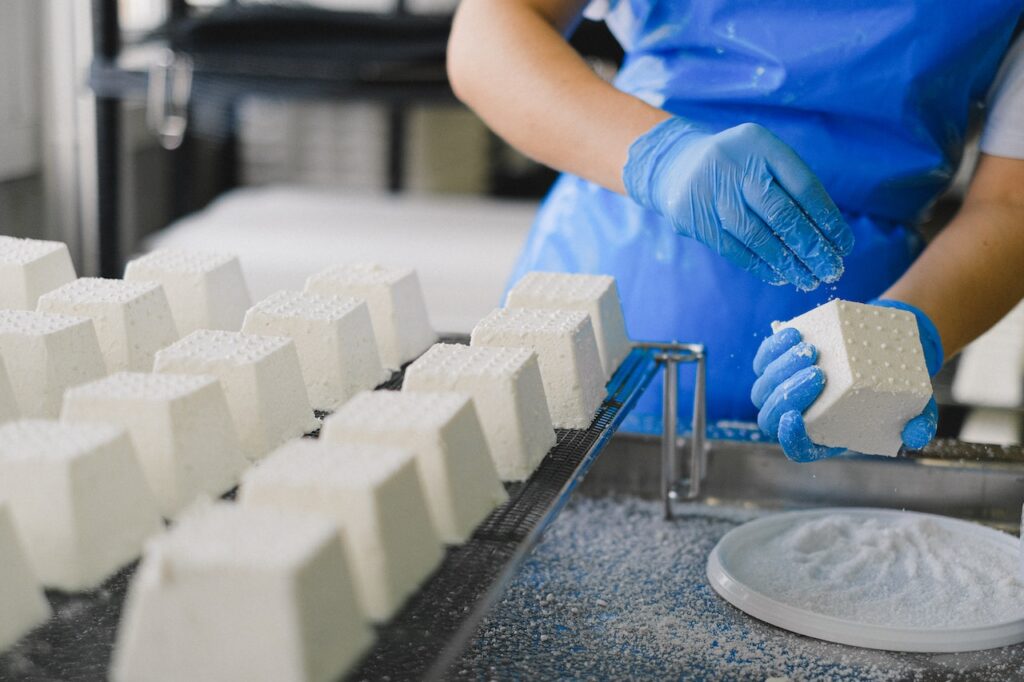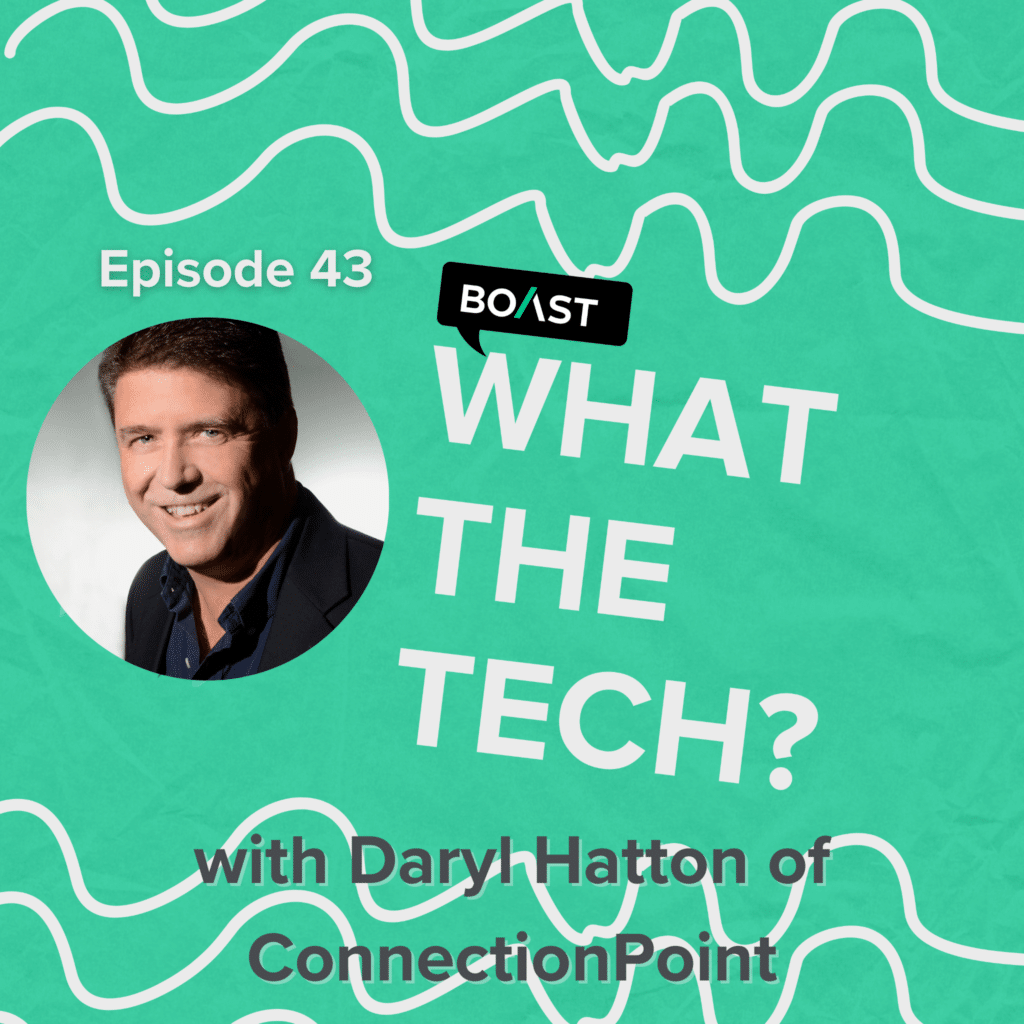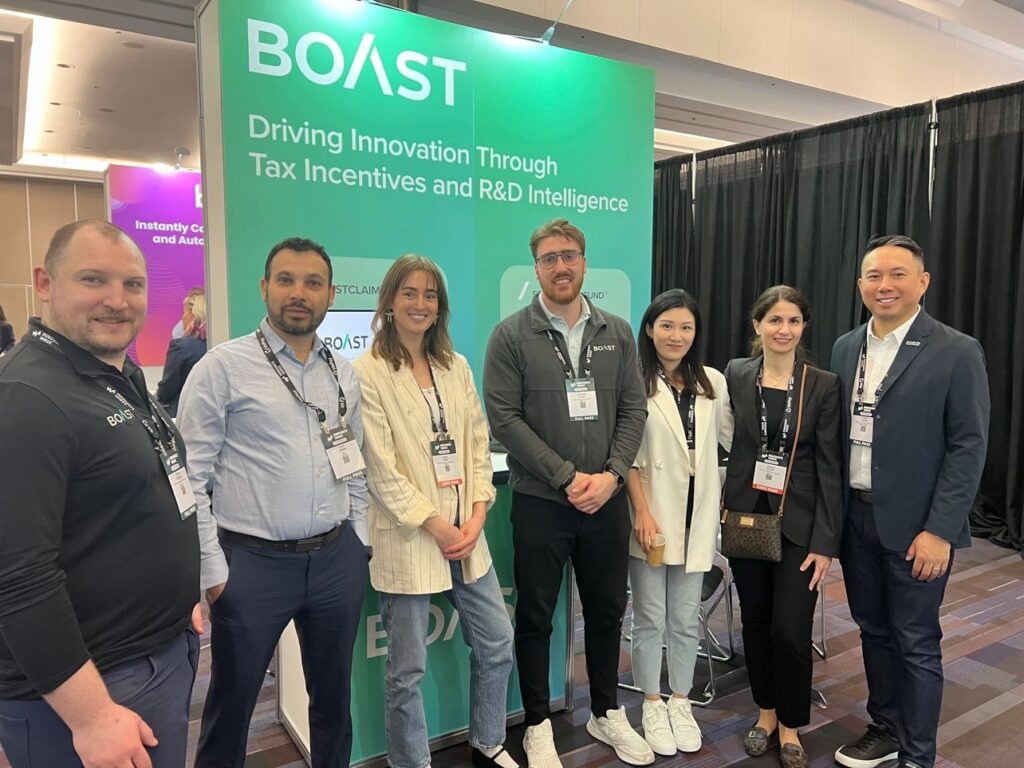Although most online resources on R&D tax credits discuss them in the context of industries such as manufacturing or biotechnology, food and beverage companies can also qualify for the tax credit — as long as they meet IRS requirements.
The IRS requirements stipulate what kind of research activities are eligible for the tax credit, as well as qualified expenses. In addition, there are several activities that the IRS has explicitly excluded from the R&D tax credit.
Because the process of claiming tax credits can be quite complex, many companies rely on innovative automated tools to compile their R&D tax credit documentation and ensure they get the most out of their claim.
Calculate your potential R&D tax refund
Qualifying R&D Activities and Job Titles
Food and beverage companies that perform some of the following activities might qualify for the R&D tax credit:
- Working on new or improving existing food and beverage products
- Researching ways of extending the shelf life of a food product
- Working on new or improving existing methods for ensuring food quality
- Developing better packaging methods
- Developing new or improving existing ingredients
You may also qualify for R&D tax credits for food and beverage companies if you employ:
- Food scientists
- Engineers
- Food technologists
To be fully clear on whether your R&D efforts qualify for a tax credit, you should take a close look at IRS guidelines that regulate qualifying and non-qualifying R&D activities and expenses.
IRS Guidelines for R&D Tax Credits
Food and beverage companies that want to claim tax credits can read Section 41 on the IRS website to understand which of their research activities and expenses are eligible.
To qualify for R&D tax credits, all companies (regardless of the industry they’re operating in) must pass the four-part test. It consists of:
- The section 174 test: All expenses must represent an R&D cost in an “experimental or laboratory sense” and be directly connected to the business.
- The discovering technological information test: The purpose of the research must be to remove uncertainty related to improving an existing or developing a new business component. Research must also be based on “physical or biological sciences, engineering, or computer science,” according to the IRS.
- The business component test: The goal of the research must be to develop a new or improve an existing business component. Under “business component,” the IRS considers products, formulas, inventions, computer software, techniques, or processes.
- The process of experimentation test: The IRS requires that the research consists of 1) identifying the uncertainty related to developing or improving a business component, 2) identifying at least one alternative for removing the uncertainty, and 3) identifying and performing an evaluation of the alternatives.
In addition, the IRS provides a list of qualified research expenses or costs that qualify for the tax credit. Qualified research expenses consist of:
- Employee wages: Companies can only claim the wages of employees who perform qualified services. By qualified services, the IRS means engaging in, directly supporting, or directly supervising qualified research activities.
- Supplies: The IRS considers supplies to be any tangible property that employees use to conduct qualified services.
- Contract research expenses: Sixty-five percent of contract research costs related to the performance of qualified research activities.
The IRS excludes the following activities from qualifying for the R&D tax credit:
- Research after commercial production
- Adaptation of a business component to suit an individual customer’s needs
- Duplication
- Studies, surveys, and any research connected to management functions
- Internal-use software
- Research conducted outside the US, Puerto Rico, or any other US possession
- Social sciences-related research
- Any grant-funded, government-funded, or contract-funded research, or research funded by another person
Get the Most Out of Your Tax Credit Claims With Boast
By using automated tools, food and beverage companies can dramatically reduce the amount of time it takes to prepare all the necessary documentation to file for an R&D tax claim. Boast’s AI-powered solution connects to payroll, accounting, and project-tracking software to automatically categorize eligible activities and expenses.
With our help, startups, mid-market, and enterprise companies save an average of 60 hours on their tax credit claims process while getting a 15% larger claim, making sure they’re not leaving any money on the table.
Download our ultimate guide to R&D tax credits (or SR&ED for Canada-based businesses) to get all the information you need to qualify for tax credits.









